Discover Lesson: Impossible - An Exploration of Educational Innovation
Lesson: Impossible - An Exploration of Educational Innovation

Lesson: Impossible - An Exploration of Educational Innovation
Author: Aviva Levin
Subscribed: 8Played: 122Subscribe
Share
© Copyright 2019 All rights reserved.
Description
Your lesson, should you choose to accept it, is to strengthen your practice through interviews with fellow educators who are exploring new ways to teach languages, revisiting previously held assumptions and enriching their classroom or school culture.
81 Episodes
Reverse
Your lesson, should you choose to accept it, is to connect Second Language Acquisition theories with practical classroom applications. The special agents assigned to help you with this task are Florencia Henshaw and Maris Hawkins, authors of "Common Ground: Second Language Acquisition Theory Goes to the Classroom".
In our conversation we discuss:
1️⃣ Some SLA theories that refuse to die
2️⃣ Their favorite activities to use
3️⃣ The importance of both content and purpose
Click here for links and resources mentioned in the episode or more information about the podcast. Click here for Lesson: Impossible’s language teaching blog.
If you liked this episode you might want to check out:
Ep. 18: Agent Rebecca Blouwolff (Teaching Language Authentically)
Ep. 27: Agent Laurent Porosoff (Meaningful Curriculum)
Ep. 72: Agent Julia Spiegelman (Challenging Language Textbooks)
Your lesson, should you choose to accept it, is to debate which three characteristics are the ingredients for a great teacher. The special agents assigned to help you with this task are Nick Zaveri, Christopher Tudisco, Jack Scanlan, William Mealey & Aviva Levin.
Prior to Edupodlooza 2022, teachers on Twitter responded to the question of what top three traits they though made a great teacher, which led to some interesting and contradicting responses! Thus, this episode involves the five participants (me, Nick from the popular news communication podcast “Can We Please Talk?”, Tudisco and Mealey from the humorous interview podcast “Unprofessional Development”, and Jack from the satirical podcast “EduChaos”) reacting to that thread, with some in-depth discussions about cultural awareness, humor, content knowledge, vulnerability, boundaries, and the concept of love for students.
Click here for links and resources mentioned in the episode or more information about the podcast. Click here for Lesson: Impossible’s blog about teaching world languages.
Your lesson, should you choose to accept it, is to personalize your professional development to the unique needs of your teaching practice. The special agent assigned to help you with this task is Agent Darcy Bakkegard.
In our conversation we discuss:
1️⃣ Teachers taking agency over their own professional development
2️⃣ Using the design process as a model for innovating your practice
3️⃣ Removing the barriers and hypocrisy of traditional PD
Click here for links and resources mentioned in the episode or more information about the podcast. Click here for Lesson: Impossible’s blog.
Your mini-lesson, should you choose to accept it, is to consider a new resource: Gimkit, a game show for the classroom. The resource specialists assigned to help you with this task are Josh Feinsilber and Jeff Osborn.
In our conversation we discuss:
1️⃣ The origins of Gimkit: Josh’s high school project!
2️⃣ The ways Gimkit Live differentiates itself from Kahoot or Quizlet
3️⃣ How cooperative modes, less time stress, and repetition make for impactful learning
Click here for links and resources mentioned in the episode or more information about the podcast. Click here for Lesson: Impossible’s blog for modern languages/ELL teachers.
Your lesson, should you choose to accept it, is to explore the possibilities of standards-based assessment to further student learning. The special agent assigned to help you with this task is Tyler Rablin, of Washington State.
In our conversation we discuss:
1️⃣ His journey towards proficiency-based assessment, learning progressions, & grade conferencing
2️⃣ How to make the transition, & what to do with students who are already proficient
3️⃣ The bonus of no grading to 3am, fewer retakes, & allowing students to explore passions
Click here for links and resources mentioned in the episode or more information about the podcast. Click here for Lesson: Impossible’s blog.
Your lesson, should you choose to accept it, is to consider a new resource: Educalme, a school-based mindfulness app available in English and French. The resource specialist assigned to help you with this task is Kailey Lefko, teacher and co-founder.
Click here for links and resources mentioned in the episode or more information about the podcast. Click here for Lesson: Impossible’s blog for modern languages/ELL teachers.
Lesson: Impossible is proud to be one of the many amazing School Rubric podcasts.
Your lesson, should you choose to accept it, is to join the global #ObserveMe movement by requesting constructive feedback from your colleagues. The special agent assigned to help you with this task is Robert Kaplinsky
In our conversation we discuss:
1️⃣ The origins of the #ObserveMe movement
2️⃣ Why we need to rethink how we ask for feedback and why it matters
3️⃣ The role of the observer
Click here for links and resources mentioned in the episode or more information about the podcast. Click here for Lesson: Impossible’s blog for modern languages/ELL teachers.
Lesson: Impossible is proud to be one of the many amazing School Rubric podcasts.
Your lesson, should you choose to accept it, is to teach PE and health with a focus on all students’ needs. The special agent assigned to help you with this task is Stephanie Ferri.
In our conversation we discuss:
1️⃣ Developing her student-centered, holistic, motivating, ungraded PE and wellness curriculum
2️⃣ The messy conversations that need to happen in health classes and her favorite fitness units
3️⃣ How this model could be applied outside of her private, single-sex school context
Click here for links and resources mentioned in the episode or more information about the podcast. Click here for Lesson: Impossible’s blog.
Your lesson, should you choose to accept it, is to critically examine how language textbooks perpetuate colonialism. The special agent assigned to help you with this task is Julia Spiegelman, a PhD Candidate at UMass Boston.
In our conversation we discuss:
1️⃣ How language textbooks position students as traveling consumers
2️⃣ Confronting linguistic prescriptivism and the idea of the textbook as the objective truth
3️⃣ Using the textbook to subvert the colonial narrative
Click here for links and resources mentioned in the episode or more information about the podcast. Click here for Lesson: Impossible’s blog.
Your lesson, should you choose to accept it, is to ditch the red pen and begin ‘ungrading’. The special agent assigned to help you with this task is Jessica Zeller, a professor of dance.
In our conversation we discuss:
1️⃣ What ungrading looks like in her dance history and dance methodology classrooms
2️⃣ How ungrading creates an environment for engaged, risk-taking, and honest students
3️⃣ Getting students to do the thinking instead of teachers doing the thinking for them
Click here for links and resources mentioned in the episode or more information about Jessica and/or the podcast. Click here for Lesson: Impossible’s blog.
Lesson: Impossible is proud to be one of the many amazing School Rubric podcasts.
Your lesson, should you choose to accept it, is to improve your teaching practice by being part of a Professional Learning Community, or PLC. The special agent assigned to help you with this task is Chad Dumas.
In our conversation we discuss:
1️⃣ What is, and is not, a PLC?
2️⃣ How to start a PLC for the first time
3️⃣ How to improve an existing PLC with a focus on community
Click here for links and resources mentioned in the episode or more information about Chad and the podcast. Click here for Lesson: Impossible’s blog.
Lesson: Impossible is proud to be one of the many amazing School Rubric podcasts.
Your lesson, should you choose to accept it, is to use various planning and instructional strategies to support your neurodiverse students. The special agent assigned to help you with this task is Drew Thompson, of Organized Minds.
In our conversation we discuss:
1️⃣ Drew’s personal experiences as a neurodiverse learner and the supports he wished he had received
2️⃣ Scope creep, the dark side of graphic organizers, inductive versus deductive thinking, the value of chunking assignments, and making social interpretations clear
3️⃣ Why sometimes giving students a “wiggle and a snack”, no matter what age, can make a huge difference!
Click here for links mentioned in the episode or more information about the podcast. Click here for Lesson: Impossible’s new language-learning blog.
Your lesson, should you choose to accept it, is to incorporate Project Based Learning into your teaching to support, among many amazing things, the Social-Emotional Development of your students. The special agent assigned to help you with this task is Mike Kaechele.
In our conversation we discuss:
1️⃣ Responding to school and community needs, such as reacting to an ICE raid, or helping farmers choose their next potato crops
2️⃣ Giving students agency and hope for the future, such as a Chemistry, English, US History project looking at poverty in America or returning the rapids to Grand Rapids
3️⃣ Making it work by providing structure, connecting to standards, learning from mistakes, adapting year-to-year, and having the students ask rather than the adults
Click here for more details about our conversation, links mentioned in the episode, and more information about the podcast.
Your lesson, should you choose to accept it, is to welcome students with limited or interrupted formal education (aka. SLIFE) into your classroom. The special agent assigned to help you with this task is Orly Klapholz, co-founder of “Inlier Learning” from Hollywood, Florida.
According to the UN, by the end of 2021 as many as half a million people will likely flee Afghanistan. After time spent in refugee camps, many families will resettle in North America and Europe, and I think it’s worth asking ourselves an important question: would our schools, and would we, as teachers or administrators, be ready to provide Afghan students, or any other population with limited or interrupted schooling, with the best education possible?
In our conversation Orly and I discuss:
1️⃣ Defining SLIFE (Students with Limited or Interrupted Formal Education) and the need for more data
2️⃣ SLIFE social, emotional, cultural, linguistic, and academic needs as well as the systematic issues that lead to a high drop-out rate
3️⃣ Providing age-appropriate appropriate and trauma informed resources
Click here for more details about our conversation, links mentioned in the episode, and more information about the podcast.
🎙Your lesson, should you choose to accept it, is to consider becoming an educational podcaster🧑🏽🏫💬. The special agents🕵️♂️🕵️♂️ assigned to help you with this task are co-hosts Mealey and Tudisco of the Unprofessional Development Podcast.
In our conversation we discuss:
1️⃣ Their origin story and how podcasting has enriched their teaching
2️⃣ Their division of labor and co-hosting dynamic
3️⃣ Their only rule: don’t get fired
… as well as Tudisco and Mealey going on many hilarious tangents
Click here for more details about our conversation, links mentioned in the episode, and more information about the podcast.
🎙Your lesson, should you choose to accept it, is to become more culturally competent🌏 by exploring research📙 on the varied educational📝 attitudes and experiences of Asian-American immigrants🔑. The special agent🕵🏽♂️assigned to help you with this task is Dr. Pawan Dhingra of Amherst College.
In our conversation we discuss:
1️⃣ What Pawan has learned through his research of how some Asian immigrant parents and their children view American school systems
2️⃣ How teachers can navigate relationships with parents when educational attitudes aren’t in sync (and how they may be more aligned than we realize)
3️⃣ Becoming a more culturally competent teacher and communicator
Click here for more details about our conversation, links mentioned in the episode, and more information about the podcast.
🎙 Your lesson, should you choose to accept it, is instill a love❤️ of books📚 in even the most reluctant😩reader. The special agent🕵🏻♀️ assigned to help you with this task is middle school teacher Kari Pitstick of Illinois.
In our conversation we discuss:
1️⃣ Strategies to help students develop a love of reading
2️⃣ Helping students find appropriate books (content and reading level)
3️⃣ Why she’ll never give up silent reading time
Click here for more details about our conversation, links mentioned in the episode, and more information about the podcast.
🎙Your lesson, should you choose to accept it, is to work with colleagues👩🏼🏫🧑🏽🏫 from different subject areas👩🏾🔬👨🏼🎨 to create interdisciplinary units 🔢📝🔬 for students. The special agent🕵️♂️ assigned to help you with this task is Steve Capone of Utah.
In our conversation we discuss:
1️⃣ How Steve and his team create, plan, implement, teach, and then assess cross-curricular units
2️⃣ The importance of maintaining relationships when collaborating in a multi-disciplinary team
3️⃣ The ways that freeing himself from traditional educational structures have improved his practice
Click here for more details about our conversation, links mentioned in the episode, and more information about the podcast.
🎙Your lesson, should you choose to accept it, is to celebrate🎉 math🔢 in front of your students as a joyful😃, relevant🗺, and inclusive❤️ subject. The special agent🕵🏻♀️ assigned to help you with this task is Shelby Strong of New Orleans, Louisiana.
In our conversation we discuss:
1️⃣ How “I’m not a math person” is rooted in historical inequities and self-protection
2️⃣ Why the narrative we’ve accepted about math being objective and based in rote memorization is completely false
3️⃣ The joy of disrupting how math is taught and perceived in schools
You can find the original Twitter thread here. Click here for more details about our conversation, links mentioned in the episode, and more information about the podcast.
Please consider rating or reviewing Lesson: Impossible on Apple Podcasts, Stitcher, Castbox, or your preferred podcast platform.
🎙Your lesson, should you choose to accept it, is to support neurodiverse learners👦🏽👩🏾🦱👱🏼♀️ by better understanding how their brains work 🧠. The special agent🕵️♂️ assigned to help you with this task is Michael Weingarth of Connecticut.
In our conversation we discuss:
1️⃣ Why we need to assume all learners have undiagnosed learning differences and how our brains work when processing new information
2️⃣ The systematic issues that create a fundamentally flawed educational infrastructure for neurodiverse learners
3️⃣ What we need to be doing to help students succeed on the micro and macro level
Click here for more details about our conversation, links mentioned in the episode, and more information about the podcast.
Please consider rating or reviewing Lesson: Impossible on Apple Podcasts, Stitcher, Castbox, or your preferred podcast platform.
 United States
United States




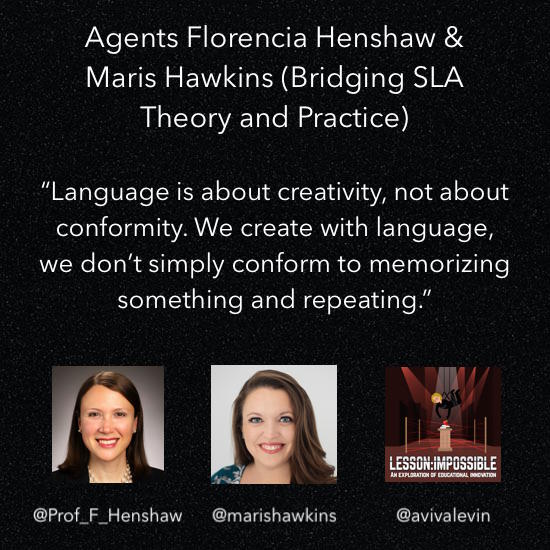
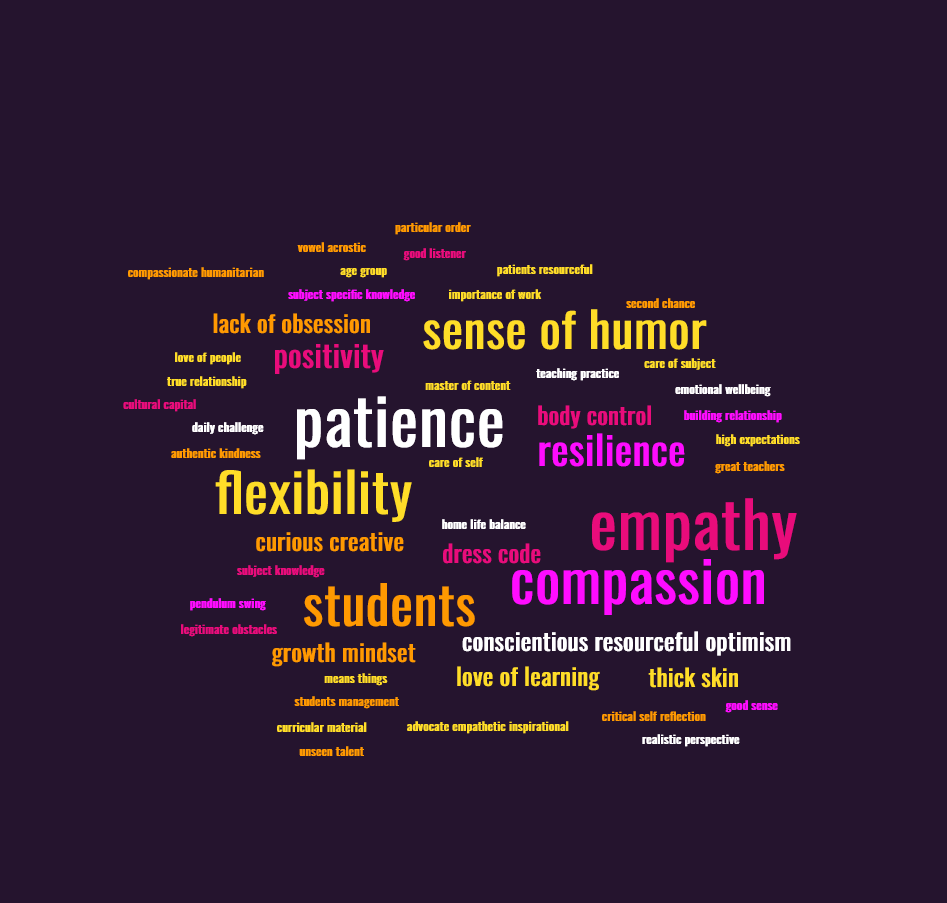
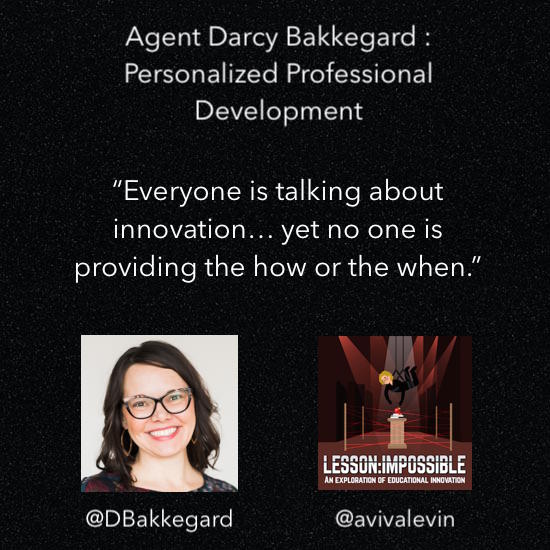
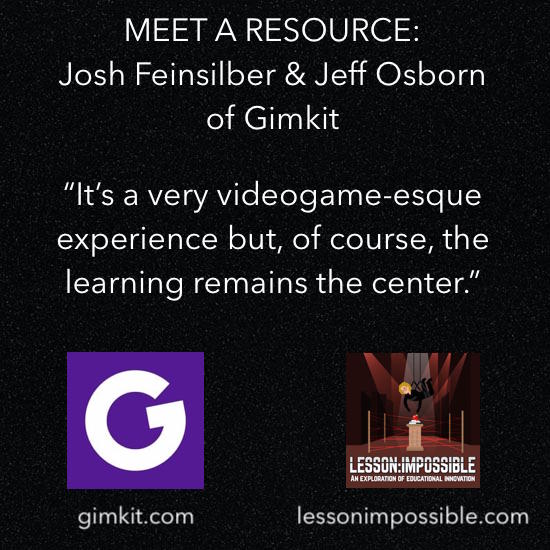
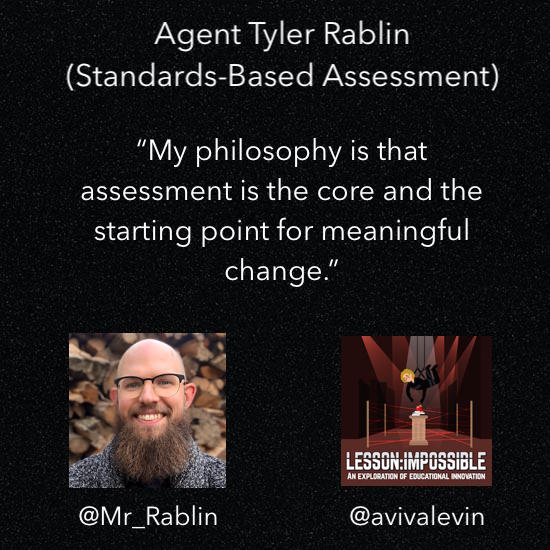
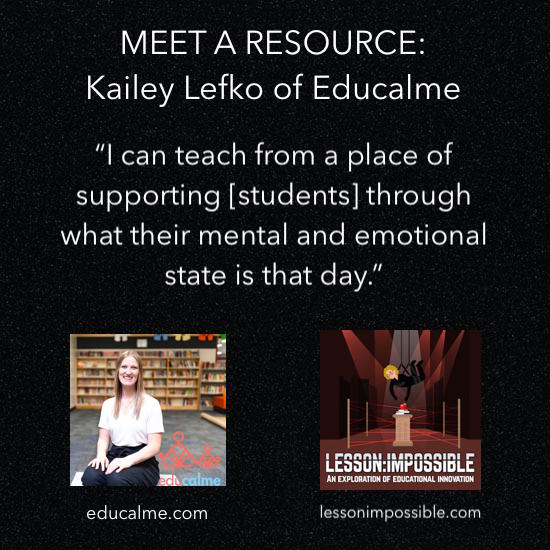
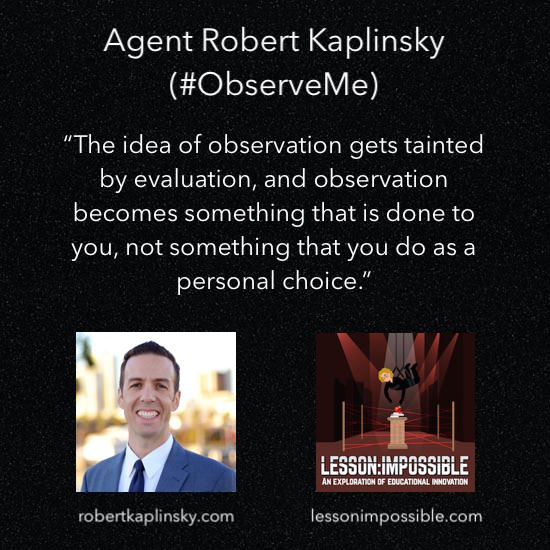
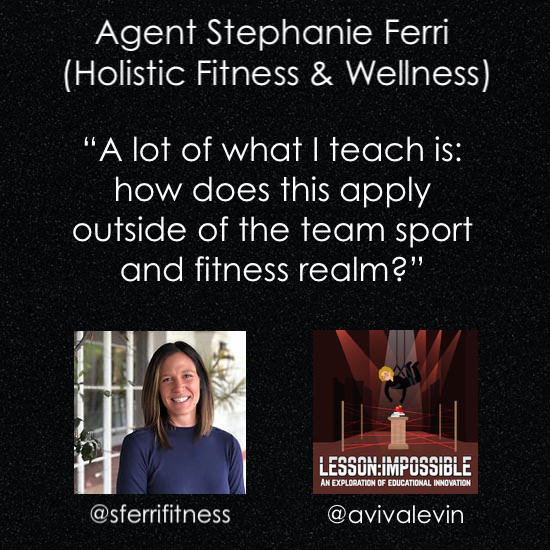
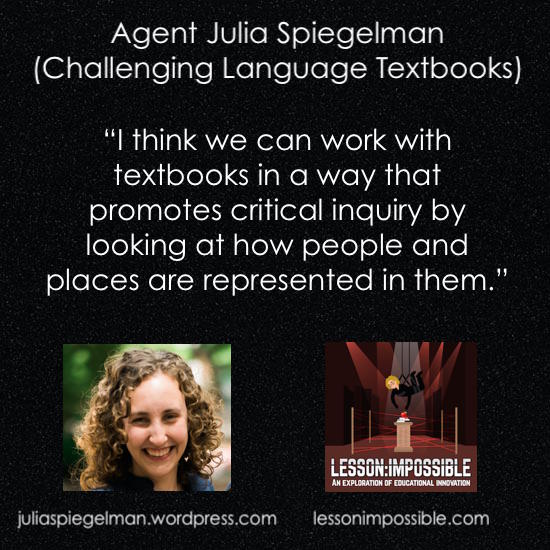
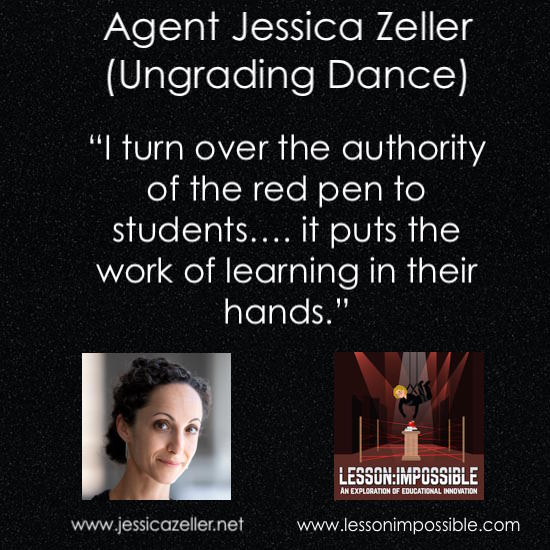
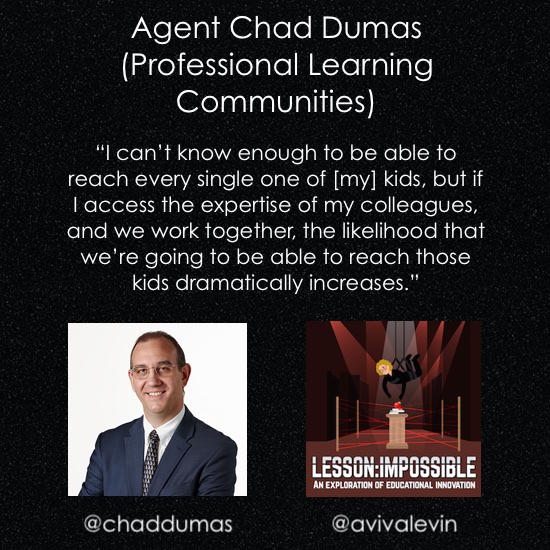
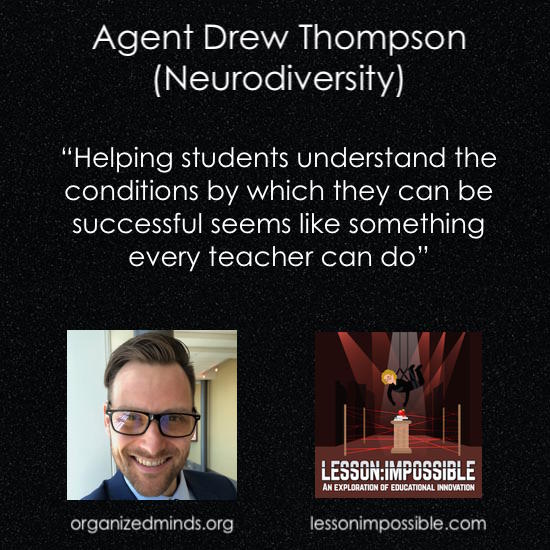
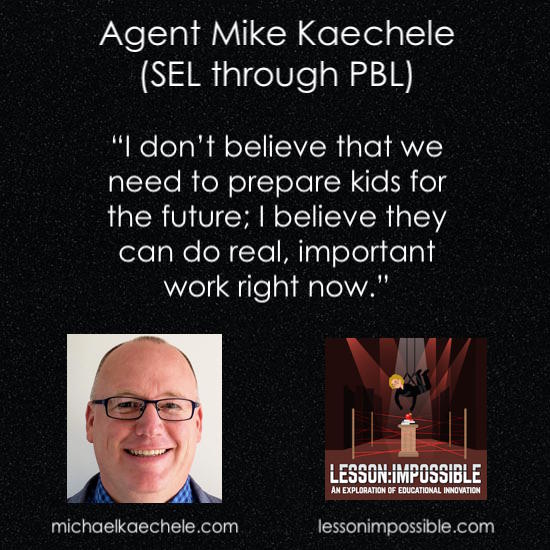
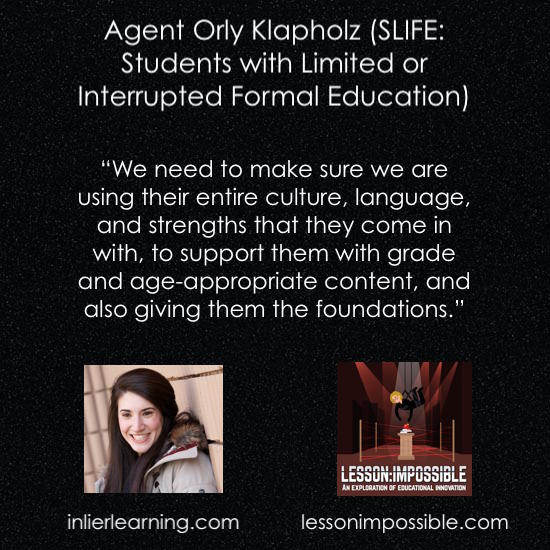
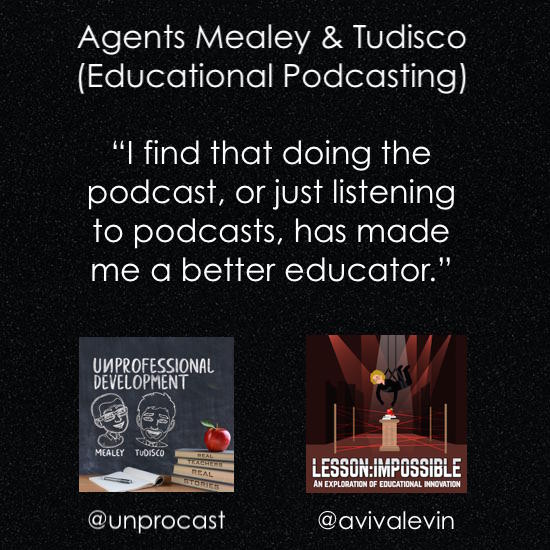
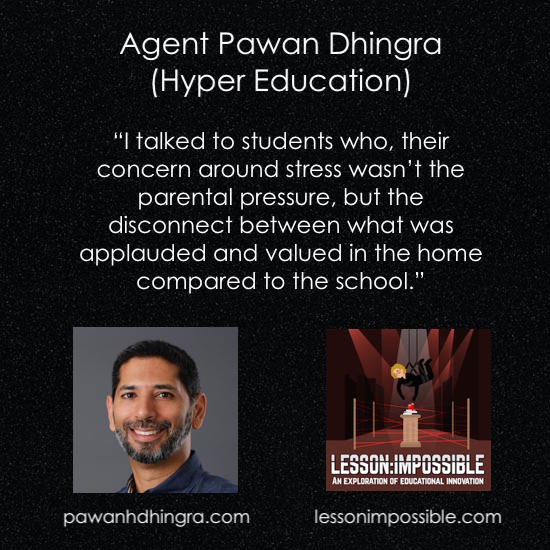
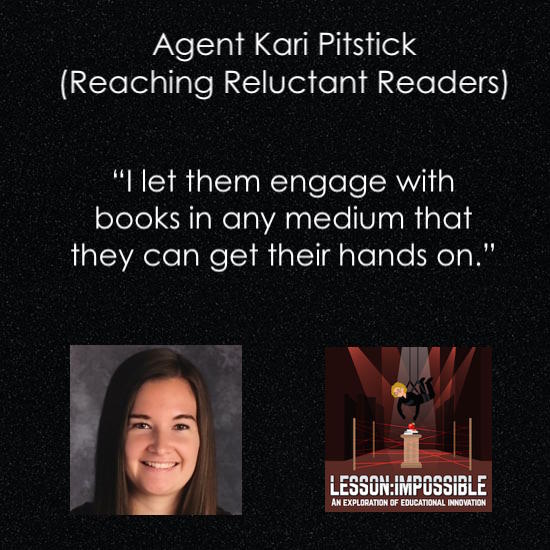
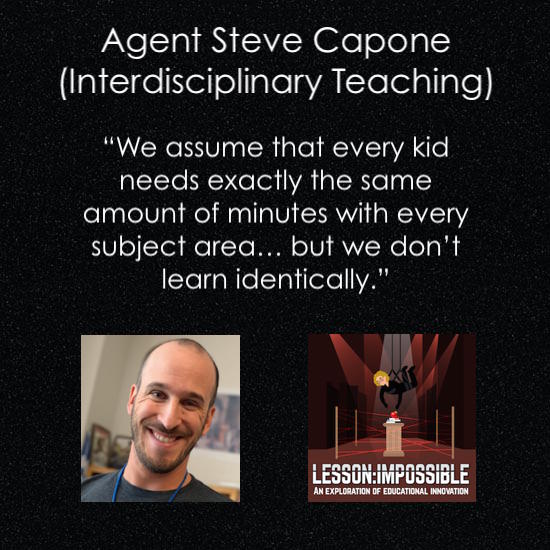
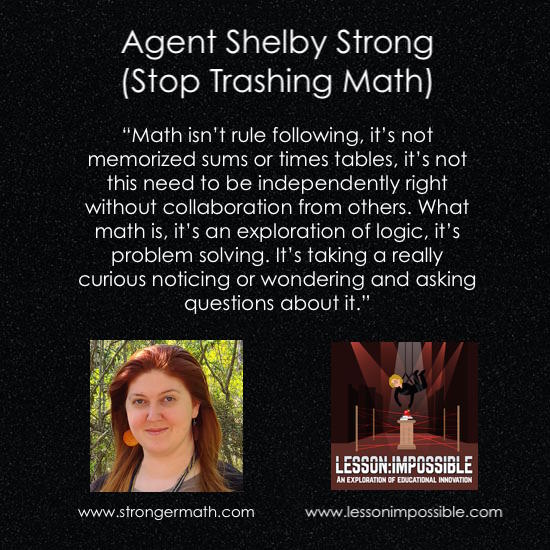
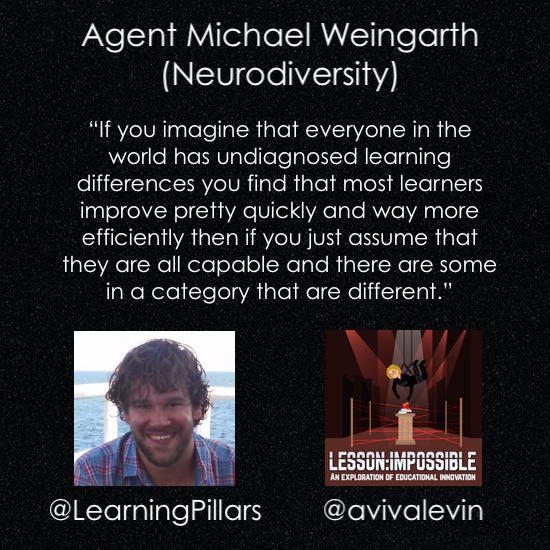


Choosing the right company for digital marketing services in pakistan can make a big difference in brand visibility and sales. https://hatechnologies.net/digital-marketing-agency-pakistan/
I was initially hesitant about using a dissertation writing service, but Dissertation Writing Services-https://myassignmenthelp.com/dissertation/ proved to be a game-changer. Their professional team understood my research requirements and delivered a well-structured, thoroughly researched, and plagiarism-free dissertation. They kept me updated throughout the process, ensuring my inputs were considered.
I was a bit hesitant to use a dissertation writing service, but it turned out to be a game-changer. The team was incredibly professional and understood the depth of my research topic. They not only delivered a well-researched, structured, and original dissertation, but they also made sure to keep me updated throughout the process. To get more info visit https://academized.com/dissertation-writing-service Their attention to detail and commitment to meeting deadlines helped ease my stress during a challenging time. If you're feeling overwhelmed with your dissertation, I highly recommend considering this service, it really made a difference.